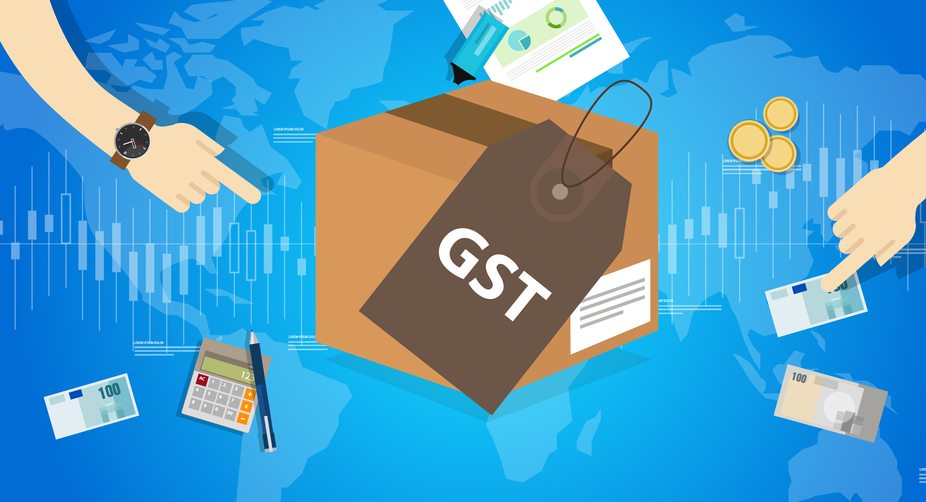Time to take a pop at GST absurdities
The GST Council (Goods and Service Tax) recently announced a bewildering array of extra tax rates for popcorn, sparking an understandable backlash among economists, businesses, and consumers alike.

(Getty Images)
As the government inches towards rolling out of the most ambitious indirect tax reform of Goods and Services Tax (GST), former chief economic adviser and noted economist Arvind Virmani expressed his concerns on the proposed varied tax structure on goods and services.
Speaking to The Statesman, Virmani said having a single rate makes accounting very easy. "I would have preferred a single rate across the board, with a few sales taxes which separate out because the trail becomes very easy to follow. The government can still do it in their draft and making a provision in the law instead of keeping a higher rate of 28 per cent ~ it should put special surcharges on selected 5-10 items," he said.
Advertisement
Virmani added, “I had recommended retention of few a special sales taxes on specific goods such as liquor, tobacco products, polluting fuels and other consumer goods like cars. This would have made monitoring of the tax set-off chain much simpler. The proposed rates for GST are messier.”
Advertisement
The GST Council will meet again on 4 and 5 March to approve the legally vetted draft of the supporting legislation for Central GST (C-GST) and Integrated GST (I-GST), days before the start of the second half of the Budget Session beginning 9 March when the Centre is hoping to get them approved. After the laws are approved, the Council will get down to fixing rates of taxes for different goods and services by fitting them into the four approved slabs of 5, 12, 18 and 28 per cent.
GST is the biggest indirect tax reform India has seen in decades and is expected to absolve several state level levies into one thus creating a uniform tax regime. This is expected to help the economy widen the tax base over a period of time.
However, Indian businesses have their own concerns about the GST law and its transmission to the process. According to Pratik Jain, partner PWC, “The proposal causing concern to the business houses is the ‘anti-profiteering’ clause, which requires the businesses to pass on the benefit of reduced rates or increased credits to the customers. Given the short time available to the industry and the government for the introduction of GST, this provision could lead to complex paperwork and widespread audits, much like what happened in Malaysia recently. Businesses were expecting a much more simplified input credit provision, in line with international best practices, wherein all GST incurred on business purchases would be allowed as set-off against GST payable.”
Advertisement